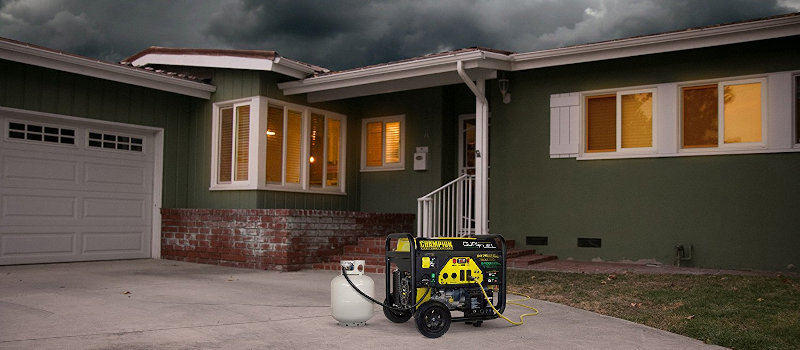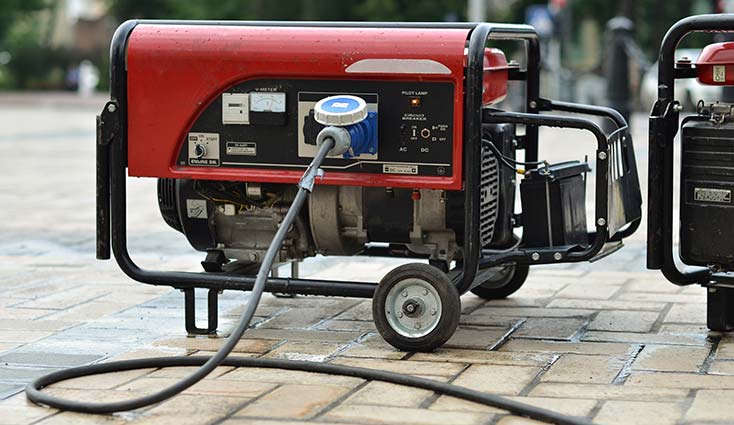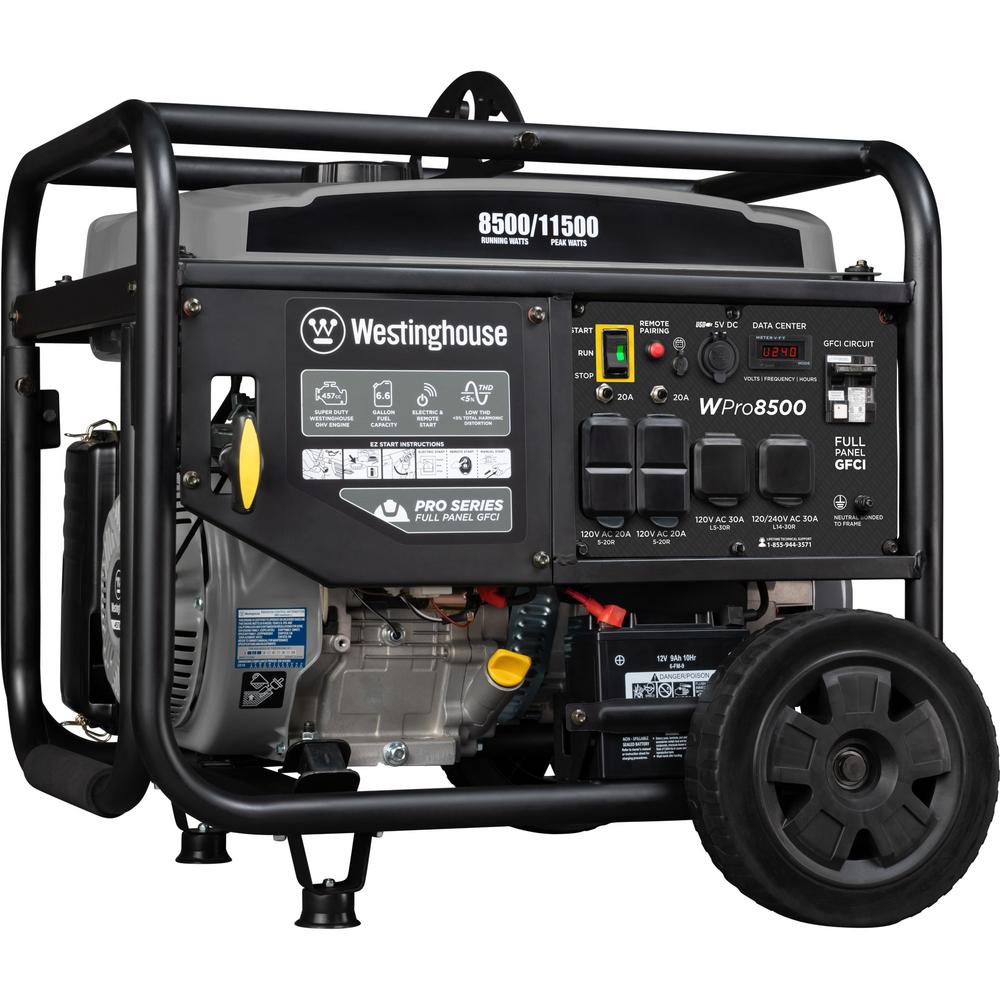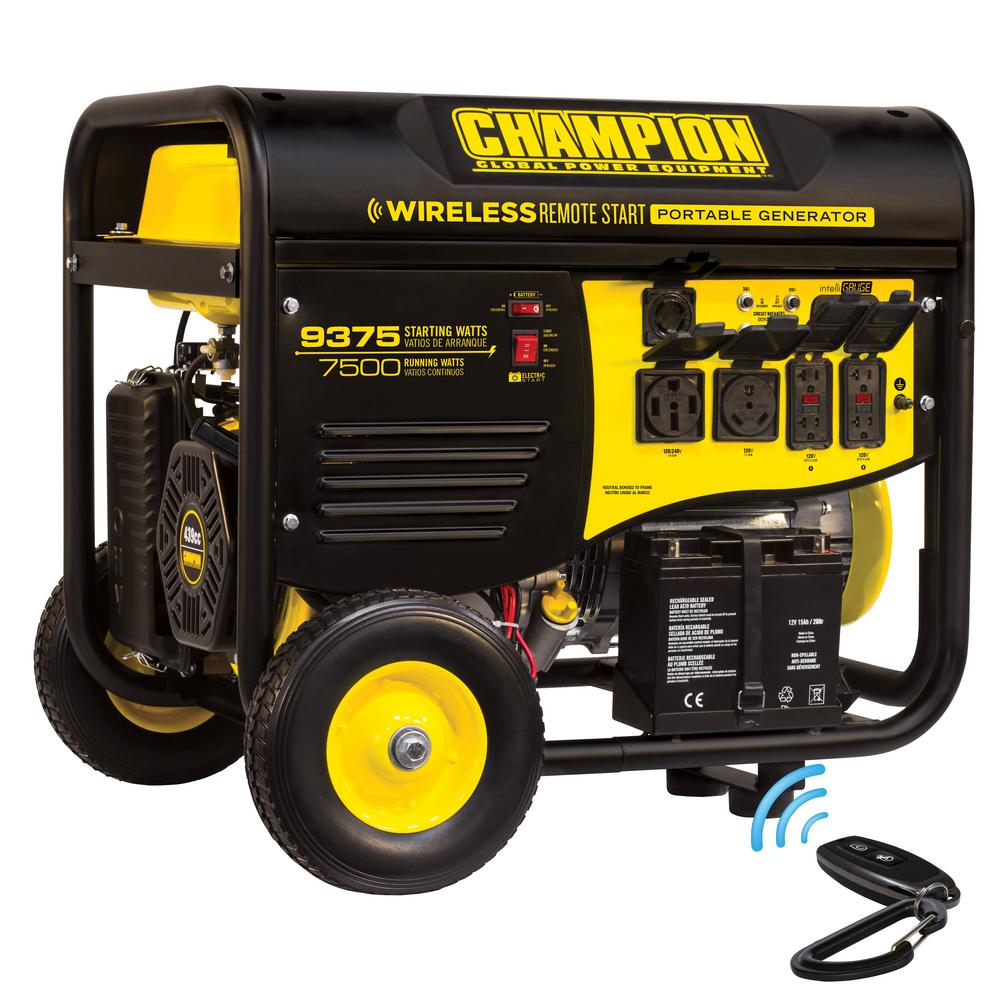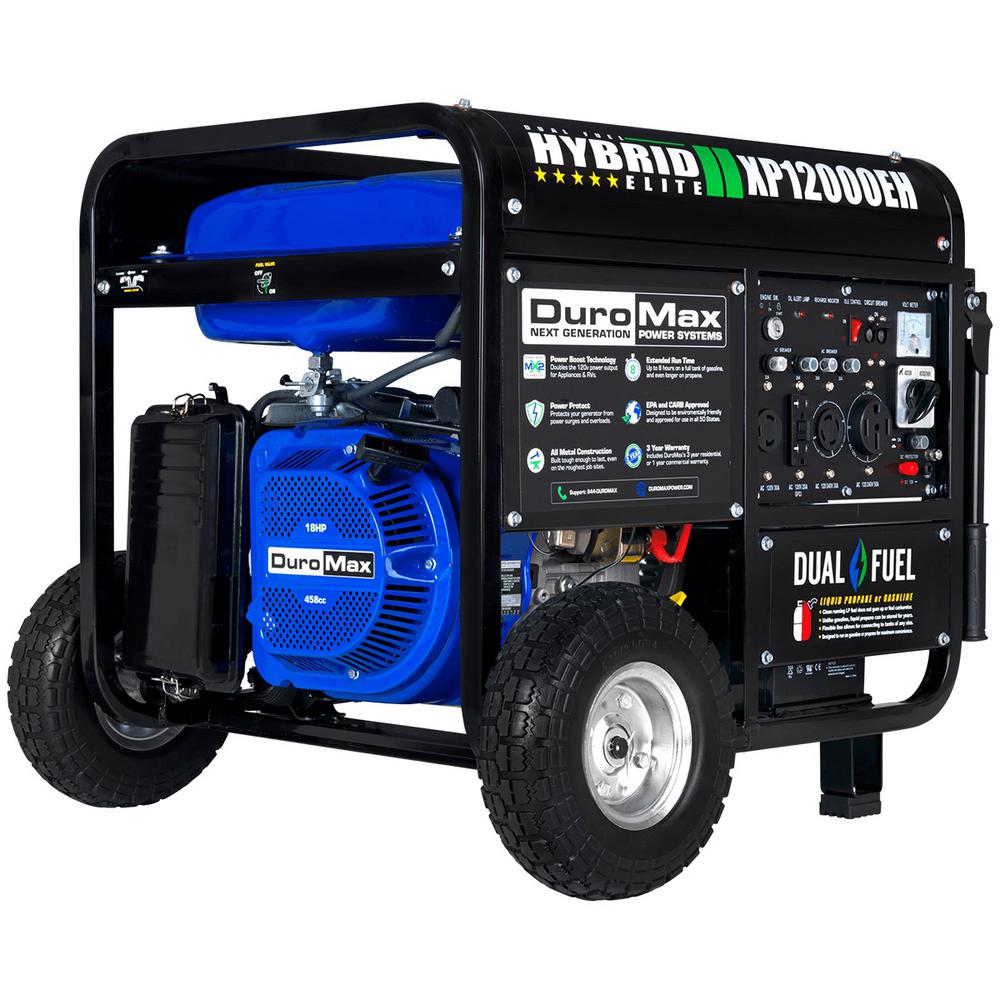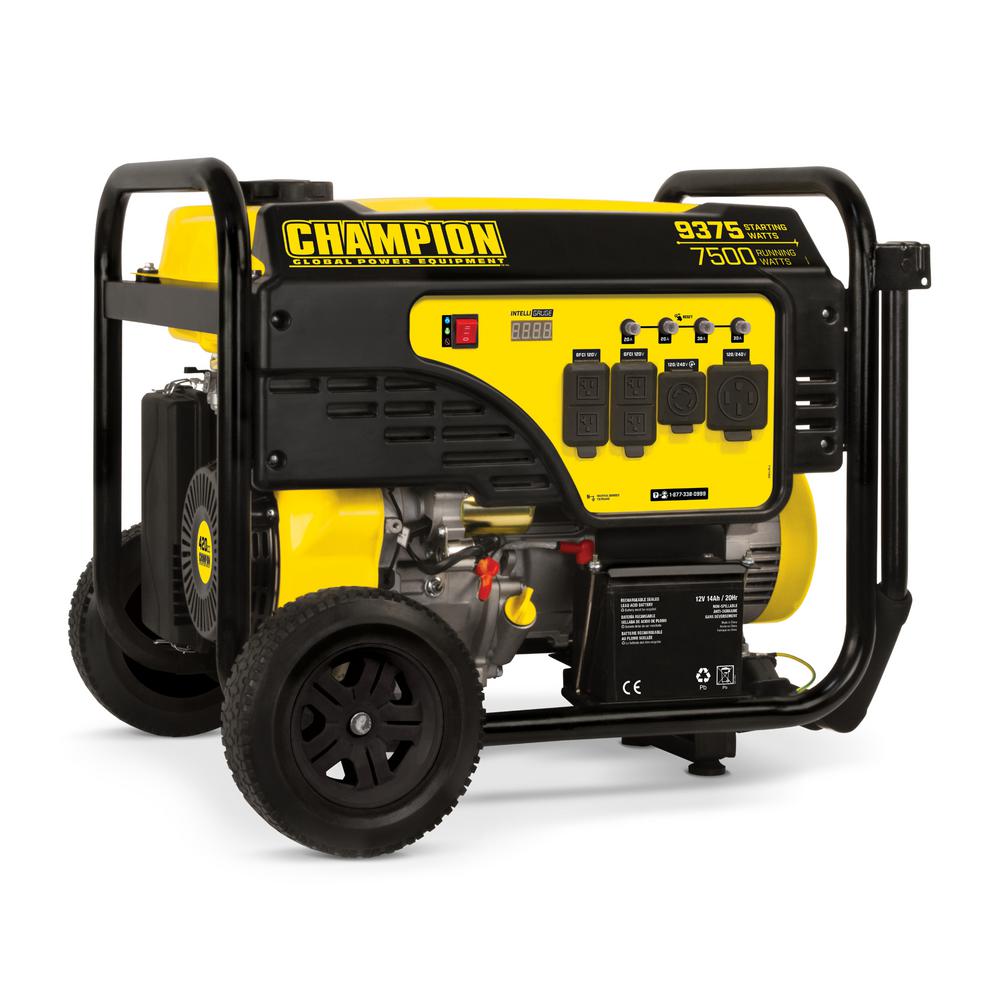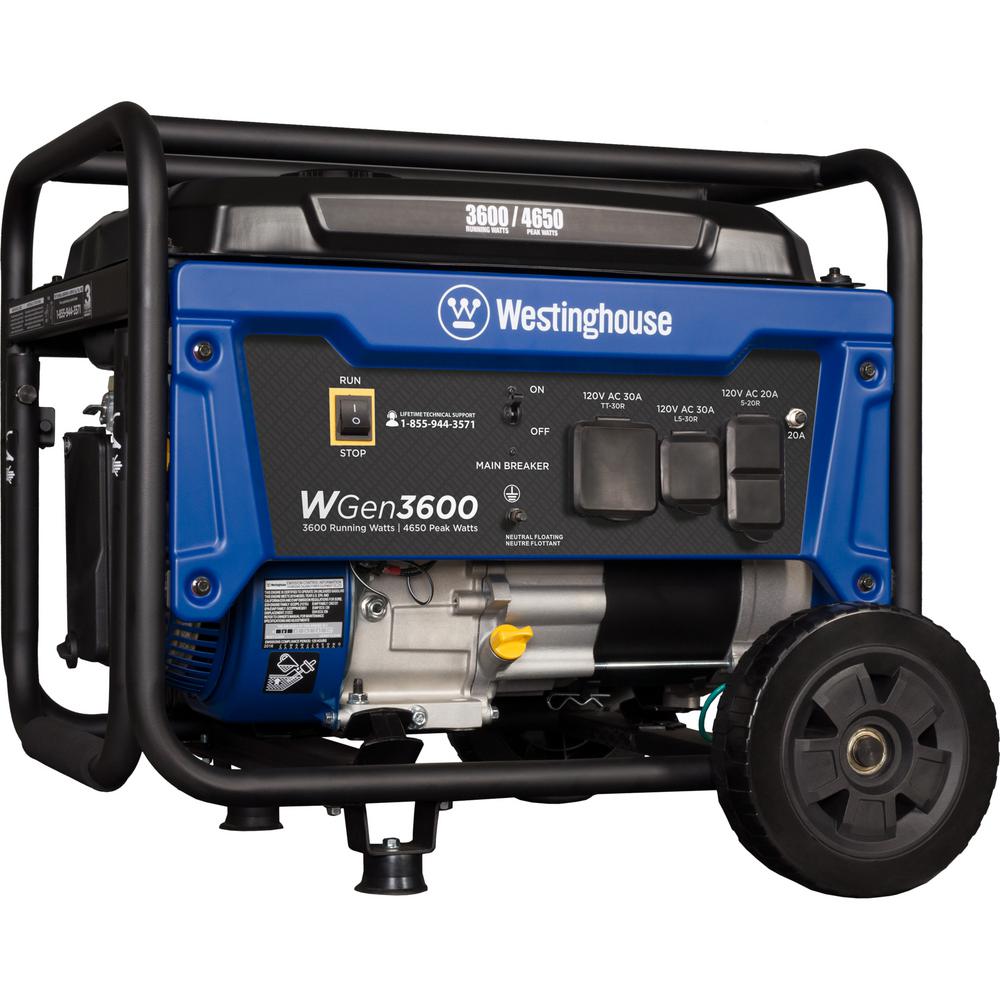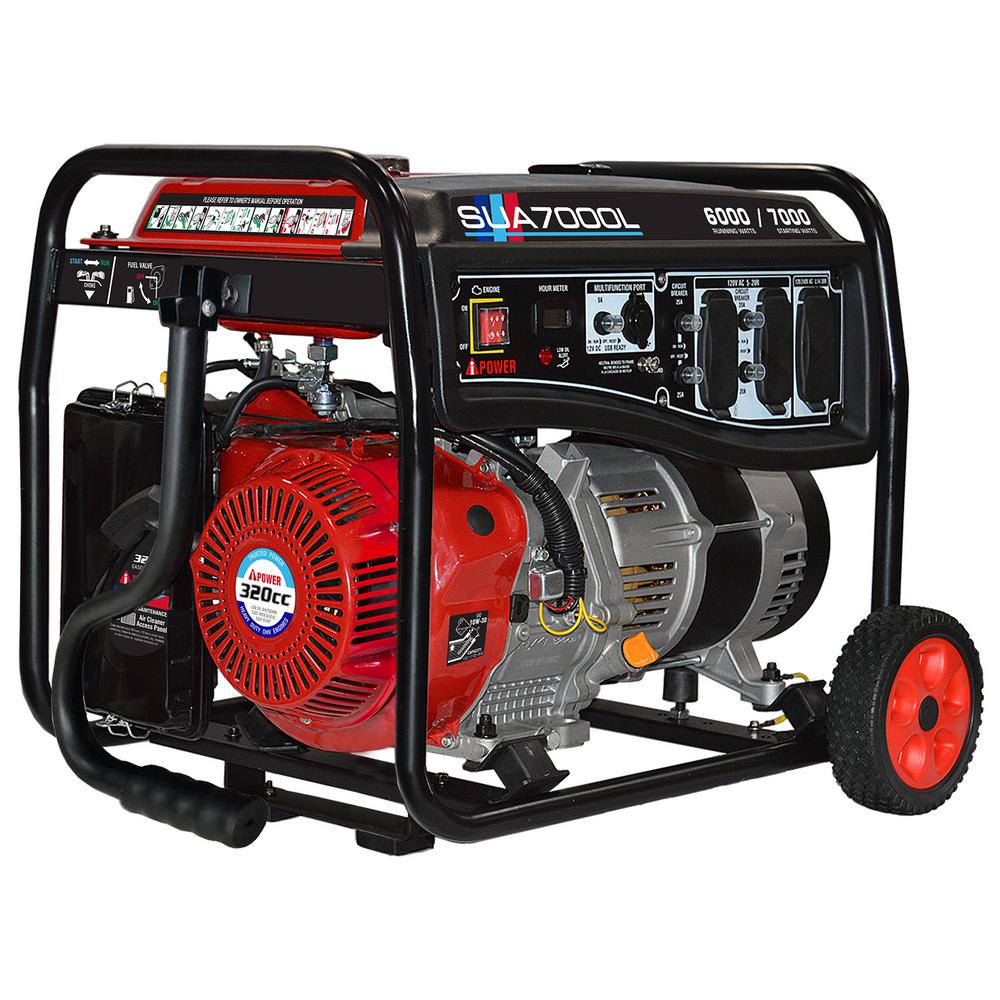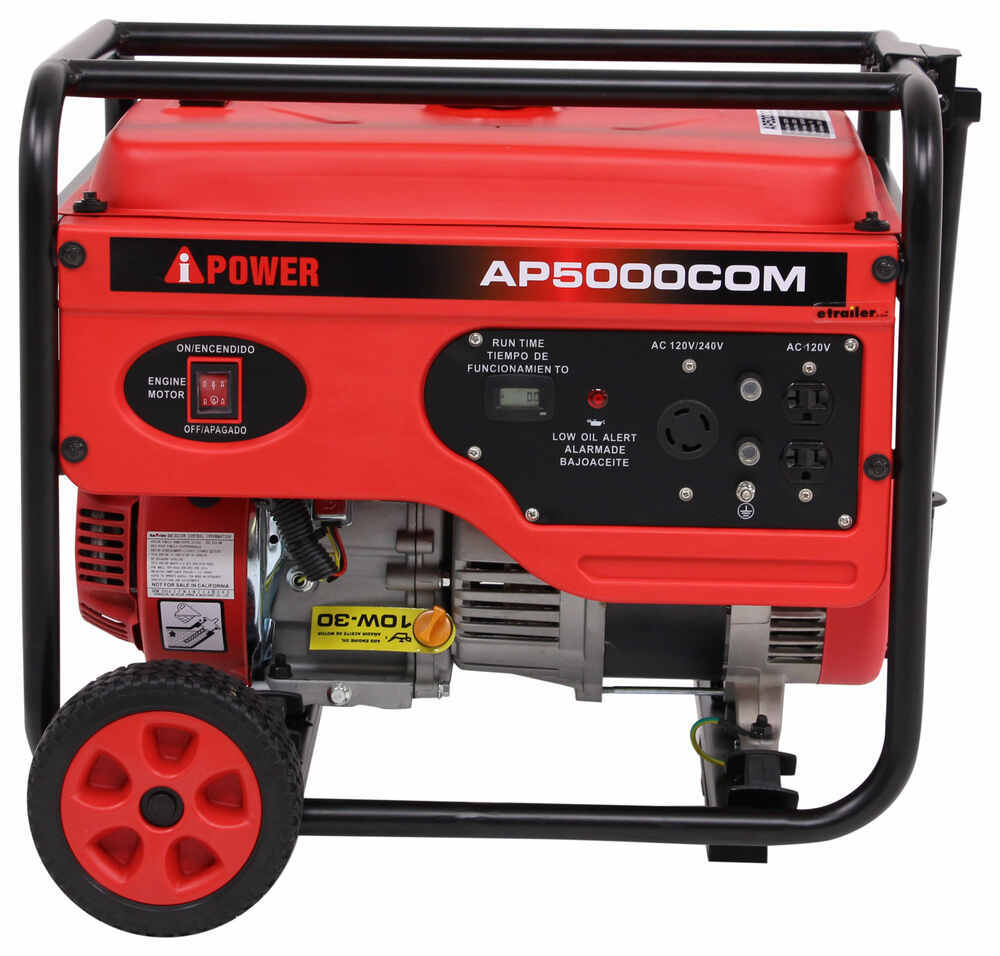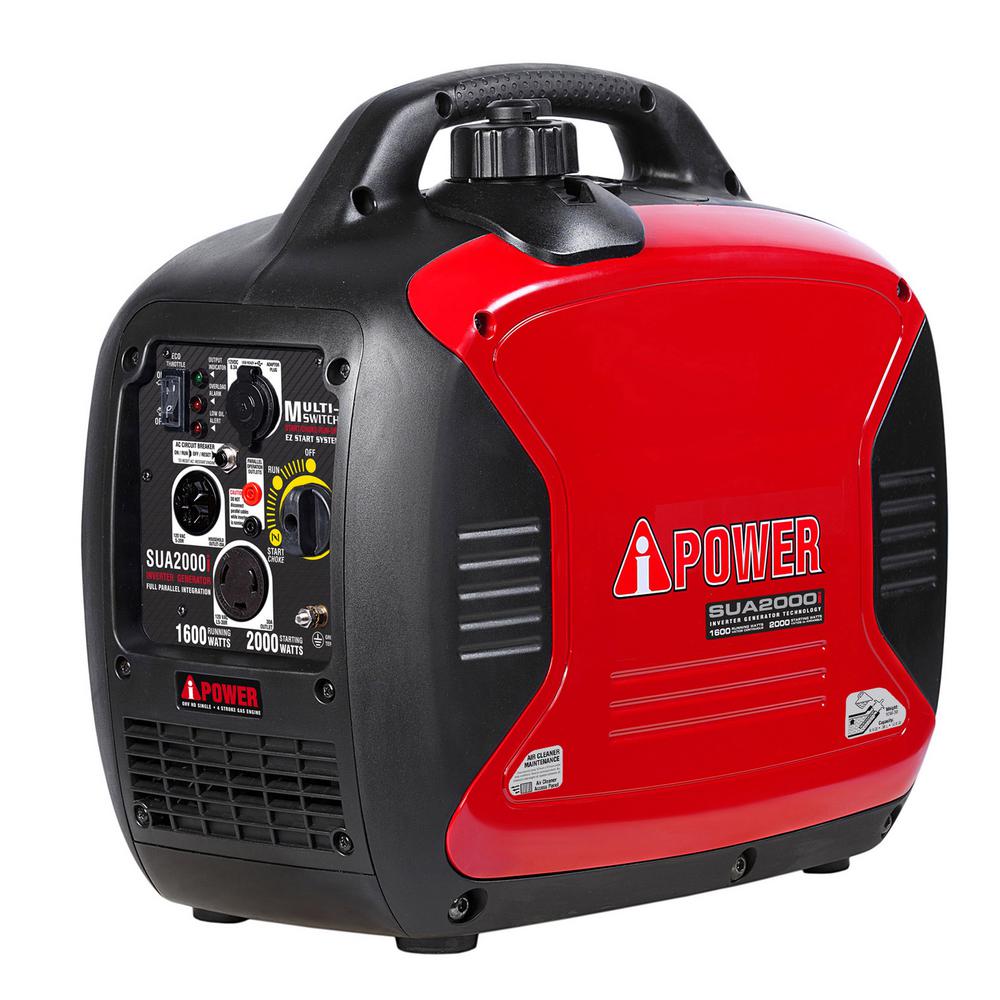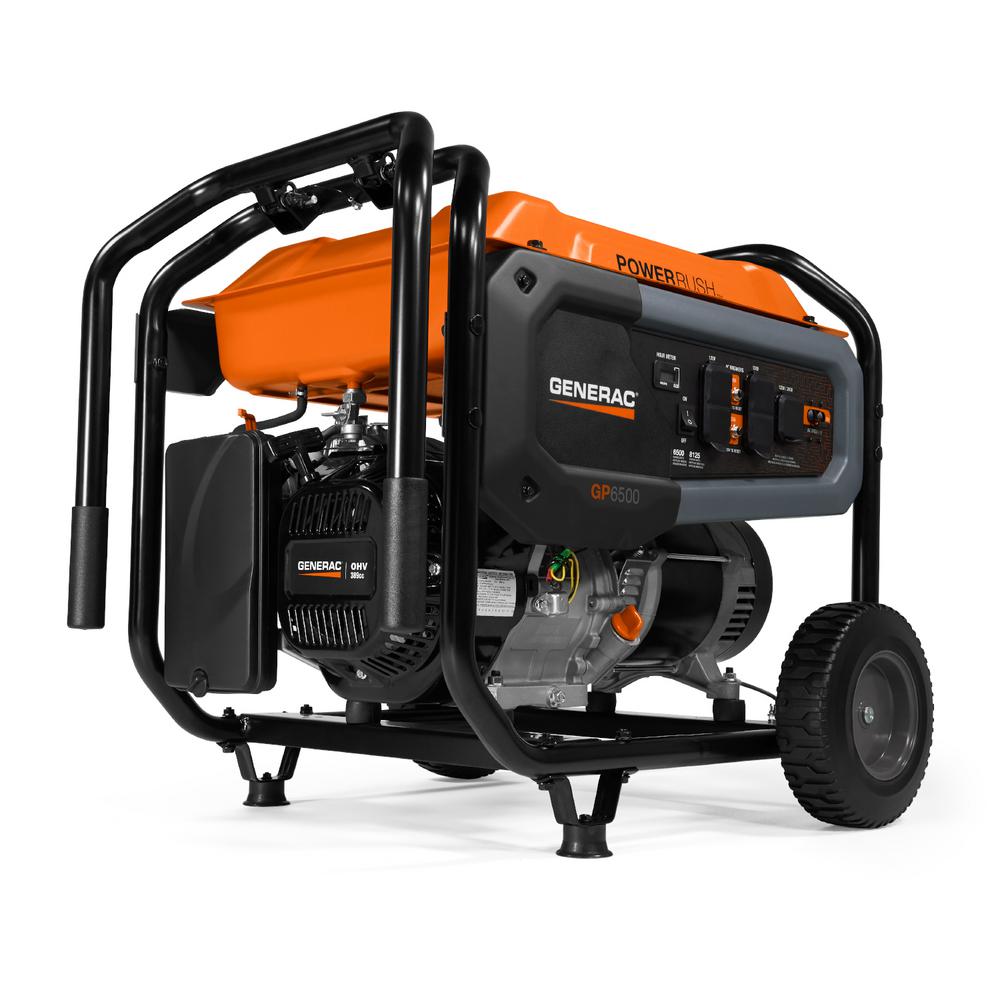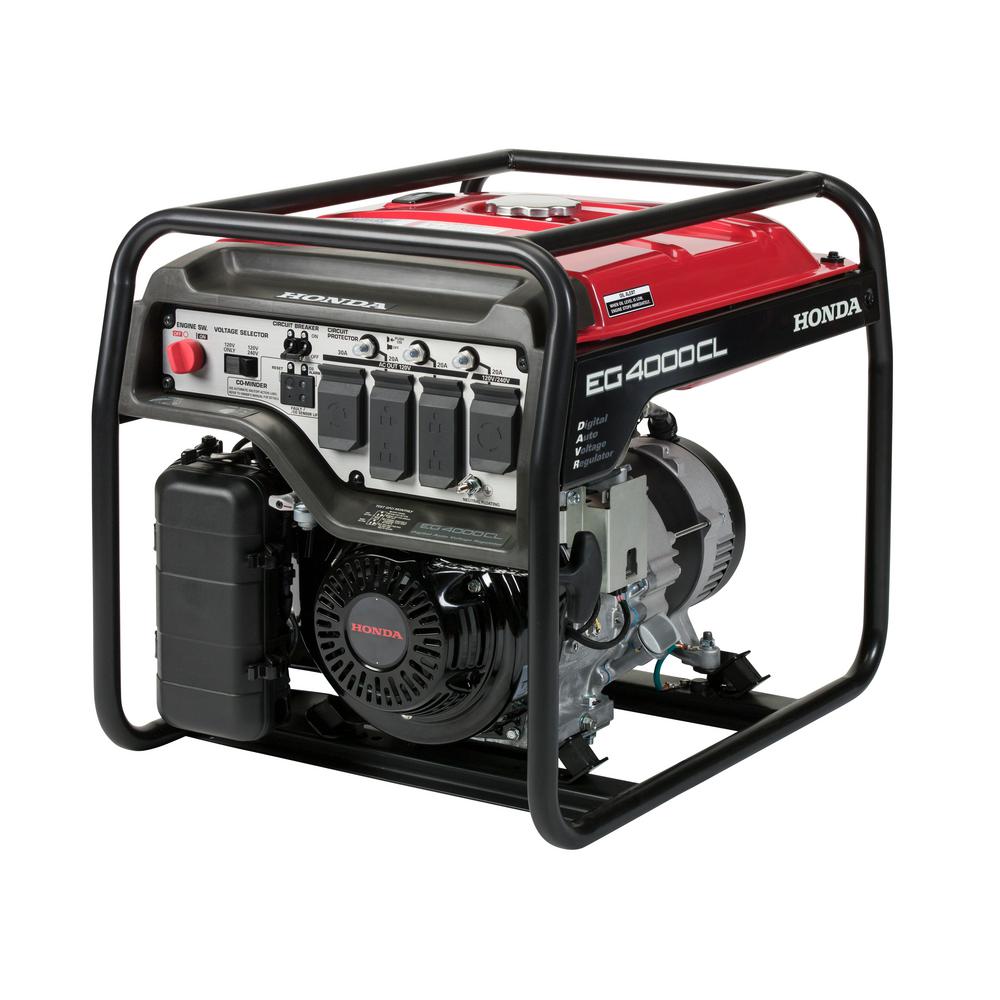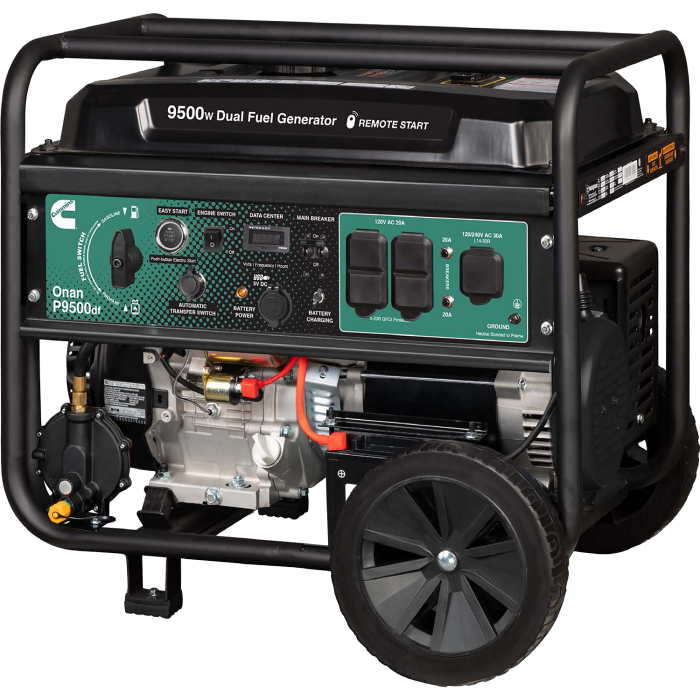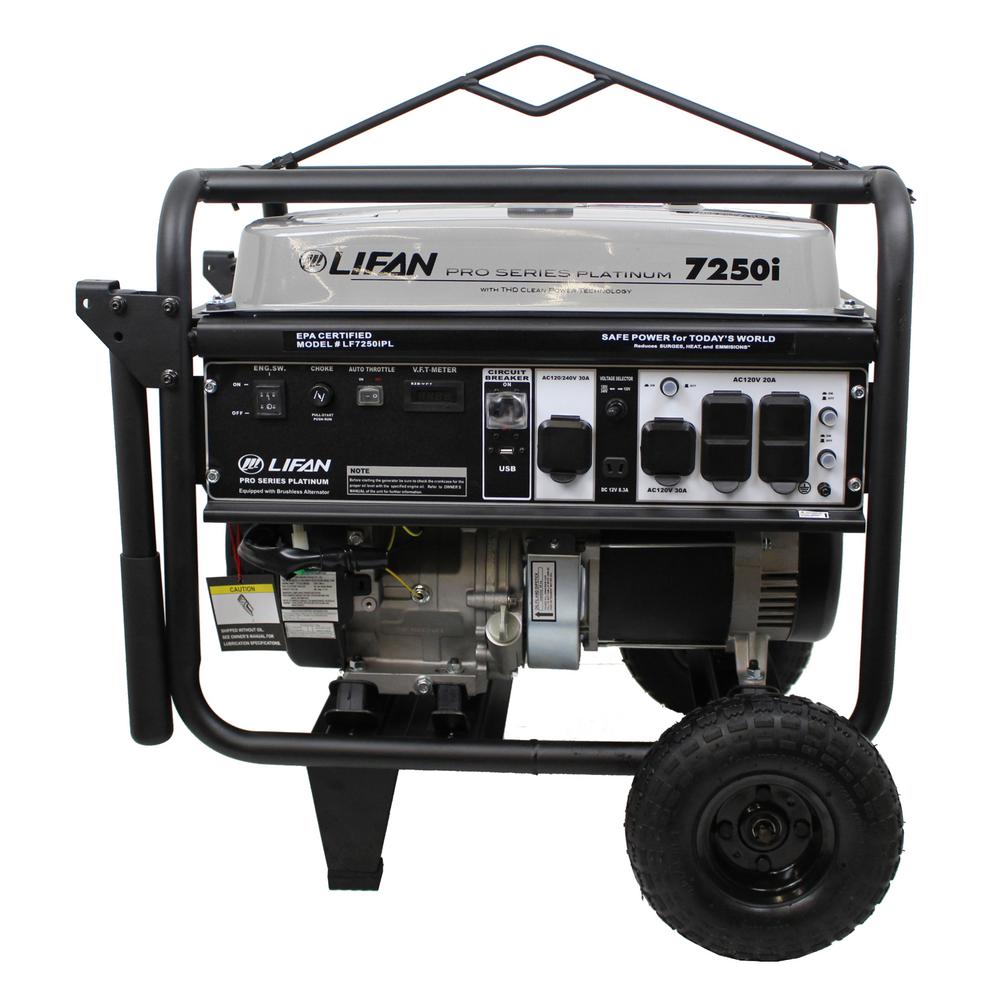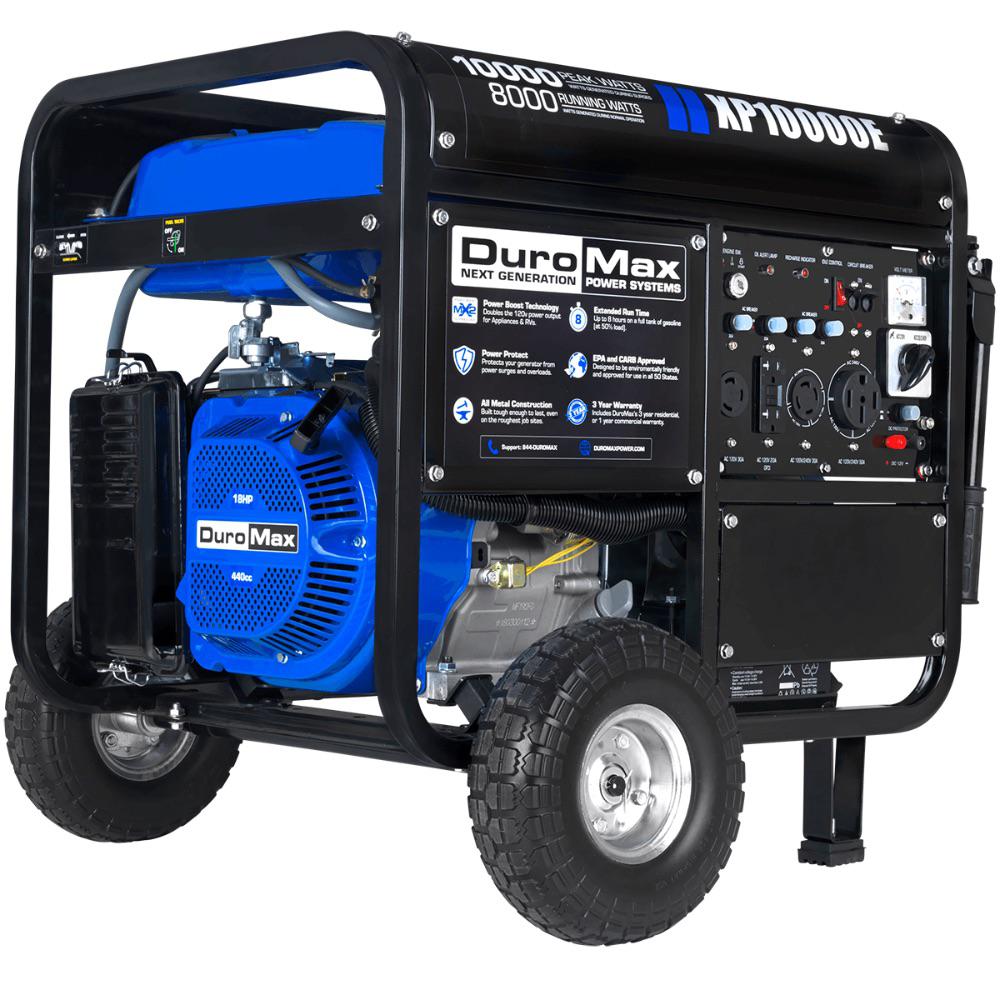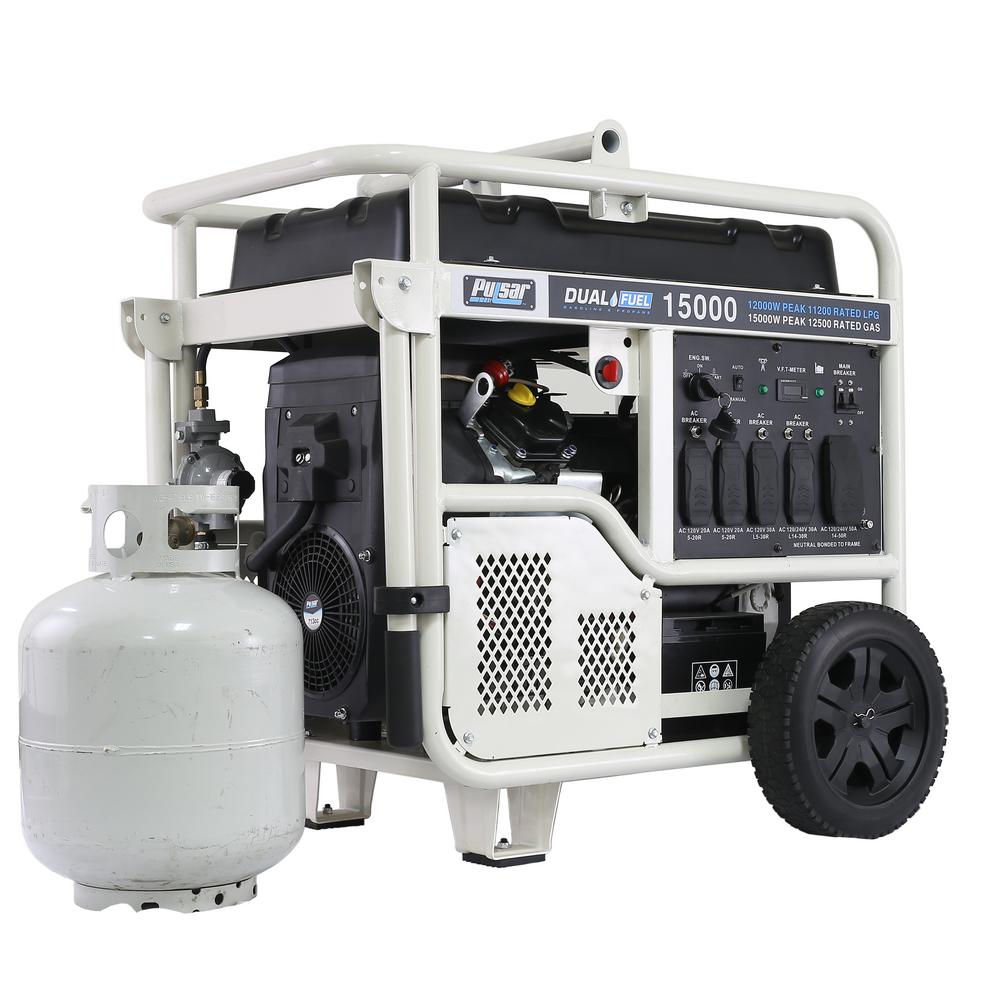How High Should Roof Be Above Portable Generator
This includes your fuel tank your engine the generator s housing and the power receptacles.
How high should roof be above portable generator. 3 for routine service there should be a convenient roof top access sized for service entry and regular maintenance components. Purchased a portable generator last fall after the hurricanes just in case but not realizing all the particulars. If your antennas are taller than 30 meters haat then they will have to reduce their erp to make up for it. Low power stations are allowed 100 watts erp at 30 meters height above average terrain haat.
When you get to higher elevations typically right in the range where you recently camped 6 000 to 8 000 feet above sea level generators do have a tougher time running efficiently due to a few factors but mainly because the lower oxygen density requires more airflow for the mix of air and fuel. During the rush to get generators during before during and after the storm i heard absolutely no one say anything about a grounding rod yet many of the people in the lines were also new to purchasing a generator. 7 often the generator control panel is on the lower floor adjacent to the transfer switch with wires routed to the generator terminal block. Do not place a portable generator in any enclosed or partially enclosed area such as a garage basement.
Make a rain proof portable generator housing. Allow at least five feet of clearance in every direction including above the unit. Distribution location with generator power fed from the roof. The fcc will tell you on your construction permit if you have to do this.
While running a generator inside an enclosed space is not typically endorsed by generator manufacturers there are several solutions to reduce the risk of running the shed in an enclosed space. Ok the second check that you need to look over is that all components of the generator are bonded to the generator s frame. How close to a house. If your generator meets the above conditions then you are ok to move forward without using a grounding rod.
National institute of standards and technology nist building experts are seeking the answer to a very important home safety question.
